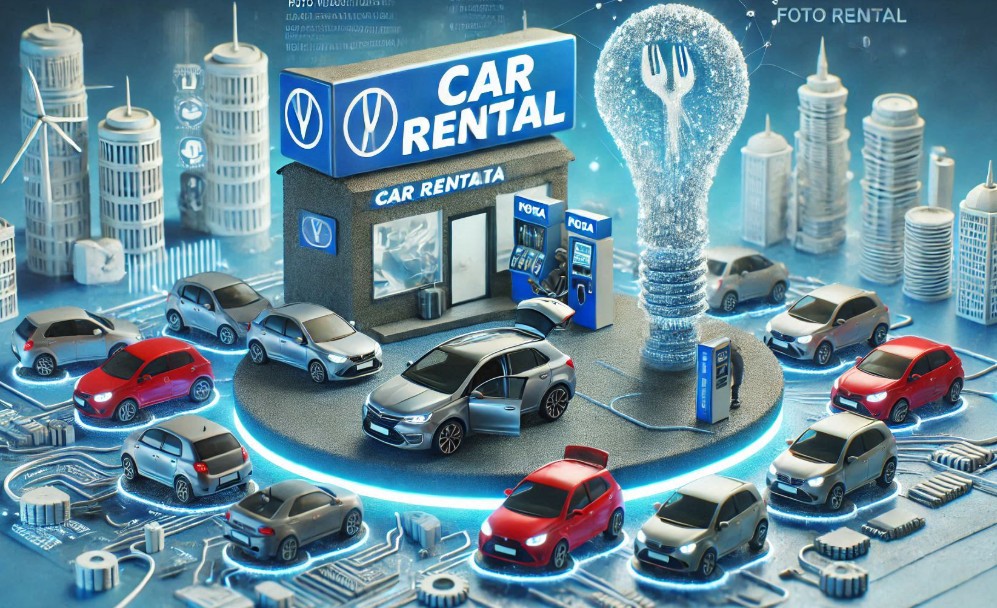
Getting behind the wheel in a new vehicle can feel overwhelming, especially if you're unfamiliar with the process. Navigating the experience of selecting, handling, and operating a vehicle can be both exciting and stressful for those without prior experience. Knowing what to expect and how to prepare can make all the difference in ensuring a smooth journey.
Understanding the fundamentals of vehicle selection, contracts, and safety measures is key to making informed decisions. Having a clear grasp of how to approach each aspect will help you avoid common mistakes and enhance your overall experience. This guide provides essential knowledge that will help you feel confident and well-prepared.
Mastering the basics of vehicle handling, understanding your responsibilities, and familiarizing yourself with important rules can make your time on the road safer and more enjoyable. Being aware of your options and knowing how to plan ahead will lead to a stress-free adventure.

Choosing the Right Rental Vehicle
Selecting the right vehicle can significantly impact the quality of your experience. With numerous options available, it’s important to consider various factors that align with your needs and preferences. From size and fuel efficiency to comfort and handling, each choice will contribute to your journey.
Consider Your Needs and Preferences
Start by evaluating your trip requirements. Think about the number of passengers, luggage space, and the type of terrain you’ll be traveling on. If you're heading to a city, a smaller, more compact model might be ideal for navigating tight spaces and saving on fuel. However, if you plan on a long road trip or off-road adventures, a larger vehicle or one with all-wheel drive could provide more comfort and stability.
Understand Rental Categories and Features
Rental agencies offer vehicles in various categories, from economy to luxury. Each category offers distinct features like air conditioning, navigation systems, or extra legroom. Understanding these options allows you to make an informed decision based on what fits your needs and budget. Keep in mind that additional features may come at an extra cost, so it’s crucial to weigh the benefits against the price.

Understanding Rental Terms and Fees
When securing a vehicle, it is crucial to familiarize yourself with the terms of the agreement and the associated costs. Rental companies use various language and policies that can affect your total bill. By understanding these details upfront, you can avoid unexpected charges and ensure a smooth transaction.
Key Terms to Know
Most rental agreements include important clauses regarding insurance, fuel policies, and mileage limits. Insurance coverage is often a key factor, with options for basic protection or more extensive plans that can increase the cost. Fuel policies vary, with some rentals requiring you to return the vehicle with a full tank, while others offer pre-purchase options. Make sure to clarify these terms to avoid any misunderstandings when the rental period ends.
Additional Fees and Charges
In addition to the base rental rate, there may be extra fees that add up quickly. Common charges include young driver fees, airport location surcharges, and taxes. Some companies also charge for additional drivers, GPS units, or child safety seats. Reviewing the rental contract carefully helps you anticipate any added expenses and make a more informed decision about your budget.

Safe Driving Tips for Beginners
Ensuring your safety on the road is essential, especially when you're unfamiliar with handling a new vehicle. Adopting safe driving habits can help you feel more confident and avoid accidents. Understanding basic road rules, staying alert, and being prepared for various driving conditions are all important factors in maintaining a safe driving experience.
One of the key aspects to focus on is maintaining a proper distance from other vehicles. Keeping a safe following distance gives you more time to react in case of sudden stops or emergencies. Also, always be mindful of speed limits and adjust your driving according to weather conditions, as rain or fog can affect visibility and road traction.
Another vital consideration is staying focused on the road. Avoid distractions such as using your phone, eating, or adjusting the radio while driving. By staying attentive, you’ll be able to react more quickly to changes in traffic or road conditions. Taking regular breaks during long trips also helps prevent fatigue, ensuring you remain alert throughout the journey.
